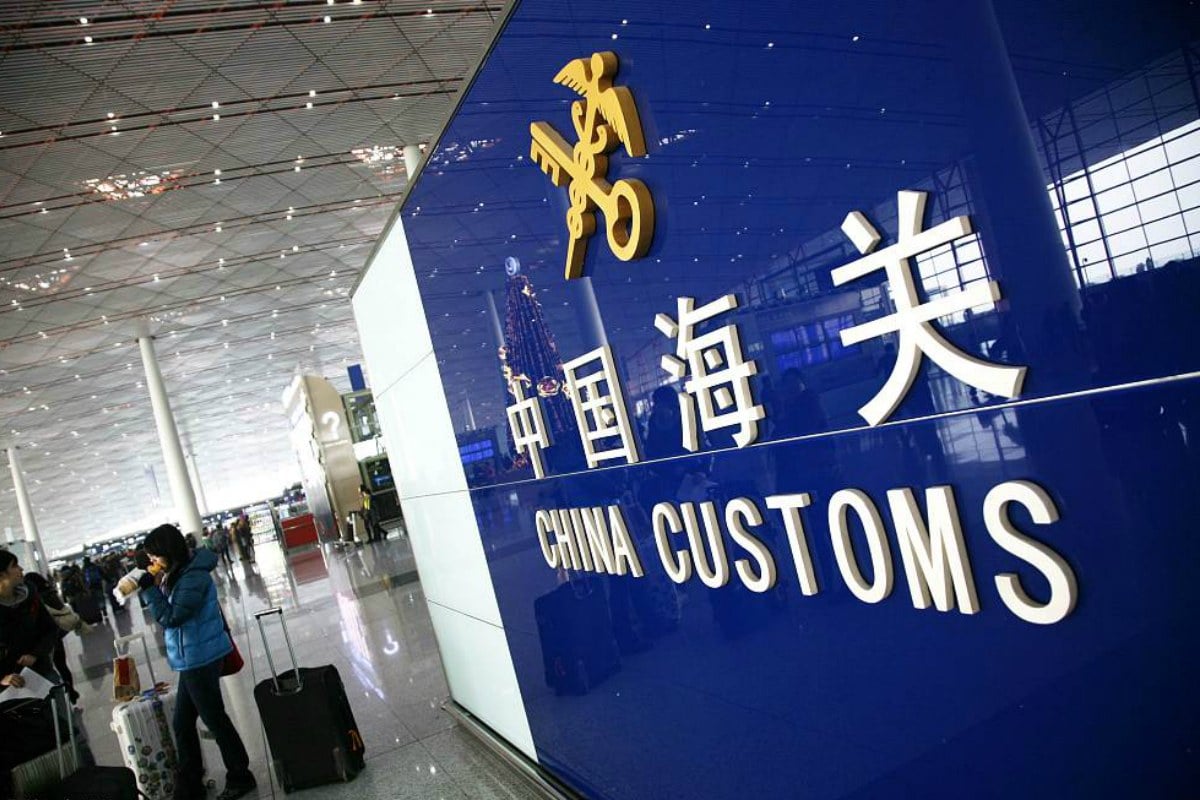Authorities in China say more than one trillion Chinese yuan ($146.5 billion) was moved out of the country last year through gambling networks and syndicates.

Liao Jinrong, director general of the International Cooperation Department at China’s Ministry of Public Security, made the startling revelation at an event in Beijing late last week. Liao said the massive outflowing of money could undermine China’s economic security and result in potential collusion between casino operators and “foreign powers.”
“This is very unsafe for us,” The Beijing News quoted Liao.
Zhu Min, who heads Tsinghua University’s National Institute of Financial Research, said the “volume and speed of cross-border capital flows are unprecedented.”
This will not only result in sustained fluctuations in major world currencies, but will also lead to higher volatility in global financial markets. Therefore, we must be prepared for potential risks,” Zhu declared.
China last month announced the formation of a blacklist of foreign casinos known to target Chinese citizens. The People’s Republic Ministry of Culture plans to impose travel restrictions on international cities where such casinos exist.
Gambling Credits Lessen Tax Burden
As a socialist country, people in China are subject to substantial personal income tax rates.
According to PricewaterhouseCoopers, anyone making more than 960,000 yuan a year — roughly $141,000 USD — must give 45 percent to the government. That means someone making $141,000 a year keeps just $63,450. Businesses that make more than 500,000 yuan ($73,400) must give 35 percent of their profits to the People’s Republic.
The rates above exclude local taxes. The high taxes lead many Chinese people to look for ways to lessen their tax burdens. And one way that’s accomplished is by moving their funds out from underneath People’s Republic control.
Macau casinos have long been a preferred route. Mainland citizens buy expensive trips through VIP junket groups, which then “loan” the client gambling credits while they are in the Special Administrative Region (SAR). Though Macau is part of China, it has autonomous freedoms, the most important being a separate government.
In Macau, personal income tax ranges from seven to 12 percent.
“Macau, known as the ‘Las Vegas of Asia,’ is considered a tax haven for its advantageous personal and corporate tax structure. Residents and non-residents benefit from ultra-low taxes levied against professional and business income,” explains Thom Tracy in a 2020 Investopedia article.
Foreign Casinos Outside Influence
Liao did not specify whether China remains concerned with Macau casinos being used by wealthy mainland citizens to reduce their tax loads. China President Xi Jinping, who in 2013 ordered law enforcement to better monitor junket groups, has a good relationship with Macau leaders.
Liao and the People’s Republic are likely more concerned with foreign countries openly catering to Chinese gamblers. Those countries include Australia, the Philippines, Vietnam, Cambodia, Singapore, Russia, and South Korea.
Liao did not provide details as to how China might better limit the outflow of money. Aside from the state-run lottery, gambling in China is illegal. It’s also illegal for foreign casinos to market gambling services in China.
The post China Claims $146B Moved Illegally Offshore via Gambling Networks appeared first on Casino.org.
Via Casino.org https://www.casino.org/news